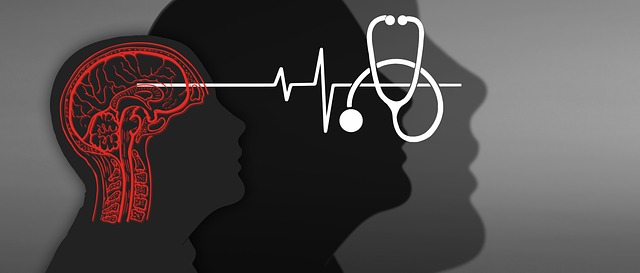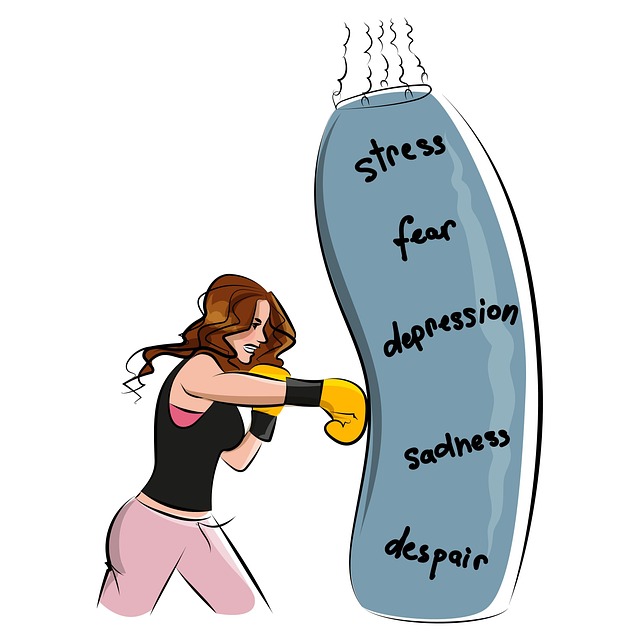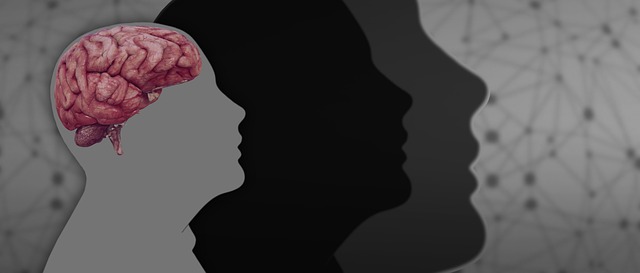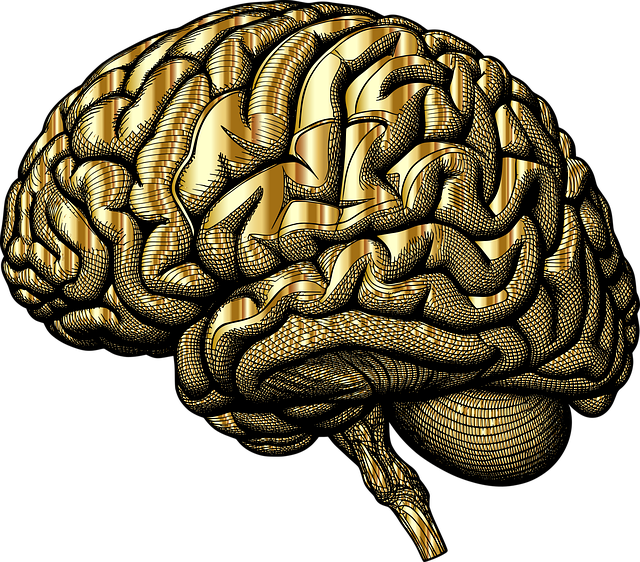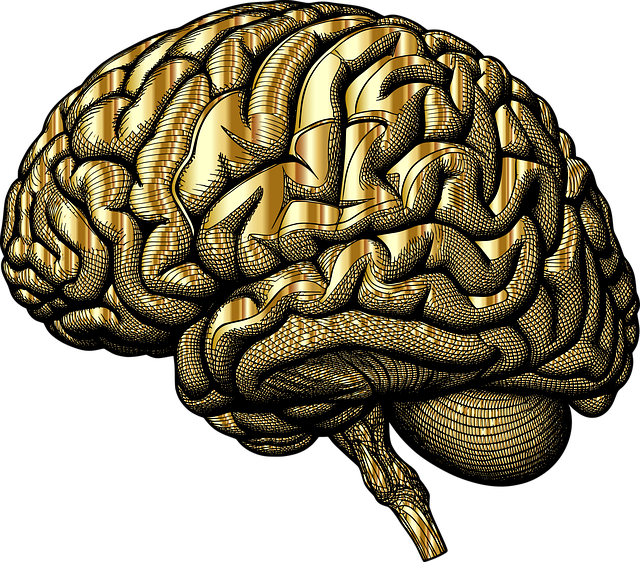Emotional Intelligence (EI) is key to mood regulation for young children, with therapy techniques enhancing self-awareness and empathy. Early intervention through interactive activities fosters resilience and emotional well-being into adulthood. Men often face unique emotional hurdles due to societal norms, so mental wellness coaching programs emphasizing resilience, self-awareness, and communication skills are beneficial. Confidence-boosting activities like goal setting or hobbies also positively impact mental health. Structured therapy interventions build EI, helping individuals manage emotions effectively. Public awareness campaigns reduce stigma around mental illness, encouraging early intervention for conditions like depression and anxiety.
Mood regulation strategies are essential tools for managing emotions, especially in young children and men facing unique emotional challenges. This article explores various approaches to understanding and enhancing mood control. We delve into the significance of emotional intelligence development in kids through therapy, offering coping mechanisms. Additionally, we address specific strategies tailored for men’s issues beyond traditional therapy. The final section introduces a comprehensive framework for building resilience and promoting healthy emotional expression.
- Understanding Mood Regulation: Unraveling Emotional Intelligence in Young Children
- The Role of Therapy in Teaching Coping Mechanisms for Kids
- Addressing Men's Unique Emotional Challenges: Strategies Beyond Therapy
- Building Resilience and Healthy Expression: A Comprehensive Approach
Understanding Mood Regulation: Unraveling Emotional Intelligence in Young Children

Understanding Mood Regulation is a crucial step in helping young children navigate their emotional landscape. Emotional Intelligence (EI) plays a pivotal role in this process. By fostering EI early on, parents and caregivers can empower children to recognize, manage, and understand their emotions effectively. This lays a strong foundation for mood management as they grow up.
Therapy for Young Children often incorporates techniques such as Self-Awareness Exercises and Empathy Building Strategies to enhance EI. These tools enable kids to identify their feelings, differentiate between them, and express them healthily. Through interactive activities and storytelling, children learn to regulate their moods, build resilience, and develop essential life skills that will serve them well into adulthood, addressing mens issues related to emotional regulation head-on.
The Role of Therapy in Teaching Coping Mechanisms for Kids

Therapy plays a pivotal role in teaching coping mechanisms to young children, addressing what can be complex emotional issues head-on. For kids, learning to manage their moods is an essential skill that contributes to overall mental wellness. Through therapy sessions, they are introduced to concepts of emotional intelligence, helping them understand and interpret their feelings effectively. This early exposure to mind over matter principles empowers children to navigate life’s challenges with resilience.
Therapy provides a safe space for kids to express themselves without judgment. Trained therapists employ various techniques tailored to young minds, making therapy engaging and interactive. By teaching them healthy coping strategies, such as deep breathing exercises or positive self-talk, therapy equips children with tools to regulate their emotions. These skills not only benefit their current emotional landscape but also lay the foundation for their future mental health, fostering a sense of balance and well-being.
Addressing Men's Unique Emotional Challenges: Strategies Beyond Therapy

Men often face unique emotional challenges due to societal expectations and gender roles that can hinder open expression of feelings. Beyond traditional therapy, several strategies can help promote mental wellness among men. Engaging in mental wellness coaching programs offers a tailored approach to developing emotional intelligence and coping mechanisms. These programs focus on building resilience, enhancing self-awareness, and teaching effective communication skills, all of which are crucial for managing emotions and stress.
One powerful technique is incorporating confidence-boosting activities into daily routines. This could involve setting achievable goals, practicing mindfulness, or pursuing hobbies that foster a sense of accomplishment. By prioritizing emotional well-being promotion techniques, men can learn to recognize and manage their emotional states, leading to improved mental health outcomes. These strategies, when combined with therapy (especially relevant for young children navigating mens issues), provide a comprehensive framework for addressing complex emotional challenges.
Building Resilience and Healthy Expression: A Comprehensive Approach

Building resilience is a crucial component of mood regulation strategies, especially for young children and men navigating mental health issues. Therapy plays a pivotal role in fostering emotional intelligence and healthy expression. Through structured interventions, young individuals can learn to identify and manage their emotions effectively, a skill set that forms the backbone of resilience. By addressing underlying concerns and providing safe spaces to explore feelings, therapists enable clients to develop coping mechanisms tailored to their unique needs.
In the broader context, public awareness campaigns contribute significantly to mental illness stigma reduction efforts. Increasing accessibility to information empowers individuals to recognize emotional challenges as normal components of human experience. This shift in perception encourages early intervention and supports those struggling with mood disorders, including depression and anxiety. Integrating these awareness initiatives into community development strategies can lead to a more supportive environment, ultimately enhancing overall well-being.
Mood regulation is a multifaceted skill that significantly impacts overall well-being. By understanding emotional intelligence in young children and providing tailored strategies, such as therapy, we can empower them to navigate their emotions effectively. For men facing unique emotional challenges, exploring alternative approaches beyond traditional therapy offers valuable support. A comprehensive strategy involves building resilience and fostering healthy expression, enabling individuals to thrive in a diverse range of contexts, from the bustling everyday life of young children to the complex issues faced by adults.


